Fleet decision-makers at the September meeting of the Fleet200 Strategy Network discussed this question.
Here are the key points from the debate:
Is hydrogen an option for fleets?
Fleet decision-makers at the September meeting of the Fleet200 Strategy Network discussed this question.
Here are the key points from the debate:
- Cost is an issue: it can be three times a petrol or diesel or twice the price of an electric vehicle. It depends if your business wants to be an early adopter, an innovator or wait for mass uptake – all those things cost money or time but the earlier you are, the more money and time it costs.
- Concerns about the lack of refuelling infrastructure for hydrogen – it will be several years before there is a network of refuelling stations.
- You would have to be brave to roll out a national hydrogen strategy. For now, it will be regional-funded projects.
What about HVO to start the decarbonisation journey for heavy assets?
- HVO (hydrotreated vegetable oil) can bridge the gap to full electric but it’s expensive at the moment. The supply chain can be an issue – we need certainty about the sustainability of the fuel.
- Also, you can only bulk buy and put into tanks so if you can’t do that, it’s no good [BP is trialling HVO at some sites].
- If the Government subsidises it, HVO could be a quick win.
- However, is there is an engine failure as a result of the HVO, the warranty won’t cover it.
- It doesn’t stack up commercially – it’s a short-term solution only.
Shared electric vehicle networks
- We do not have fast enough chargers for a shared network to make sense – you won’t get much on a 7 or 11kW charger
- We have insurance concerns if we open up our chargers to other companies or the public. We also have questions over whose responsibility is it if the charger isn’t working – who gets the call?
- Bus depot with rapid chargers could be a shared network option – it will help with the transition, but it’s not the answer. Will they let you use the facilities, the toilet etc?
- Instead of a shared network, will we have charging hubs? The concept is great but in reality, it is challenging.
- We are seeing the likes of Juice Up and Co Charger create public networks.
The BEV public charging infrastructure
- There are 66,000 public charging points but probably around half are 7kW and another chunk doesn’t work. So the network isn’t as good as it looks on paper. And there are 150 charge point operators which is too many.
- With connected cars, you should be able to put your bank details into the car, drive up to a charger, plug in and pay automatically. It should also be able to pre-book a charger on your journey because it knows when you will need to stop and charge.
- Manufacturers will lose money during the transition to electric so they are created closed networks with their own hardware and systems. Collaboration is important and it’s slowly happening, but it is still very disjointed.
- We would like to see a managed queuing system at busy public charging stations where you book in an order, and you are alerted when your charger is free. This would prevent queue jumping. Also, at peak times, the charger should only allow a charge to a certain percentage.
What would help your EV transition?
- You have to either immerse yourself in the subject or rely on someone else’s experience. It has to be a collaborative partnership to get the best solution.
- There are different solutions for different fleets but what would help is to be able to use the same fuel card for every network.
Login to continue reading.
This article is premium content. To view, please register for free or sign in to read it.




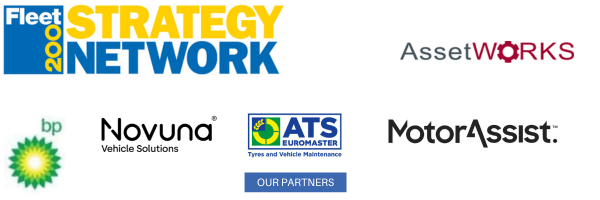



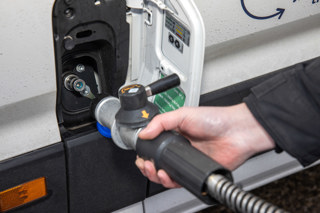
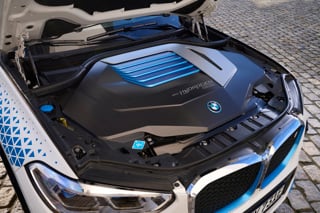
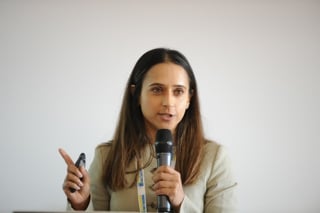
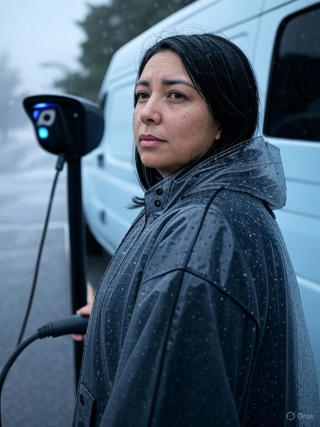













Login to comment
Comments
No comments have been made yet.